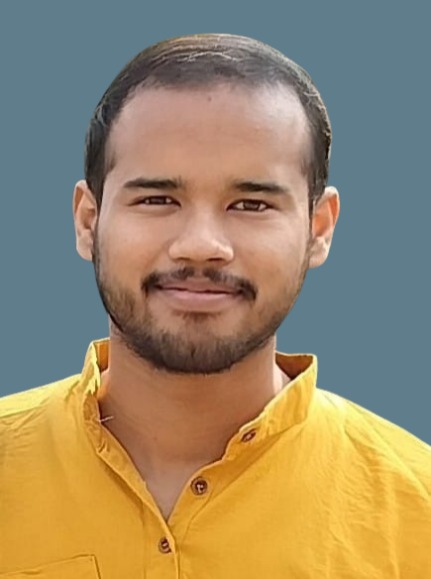From burnout to balance: Building healthier work cultures in 2025
ETHRWorld, December 17, 2024
India’s high attrition rates, driven by burnout and job dissatisfaction, suggest that more employees are seeking roles with better flexibility and support. By implementing policies that foster a balanced, healthy work environment, companies can reduce turnover, improve morale, and boost productivity.



